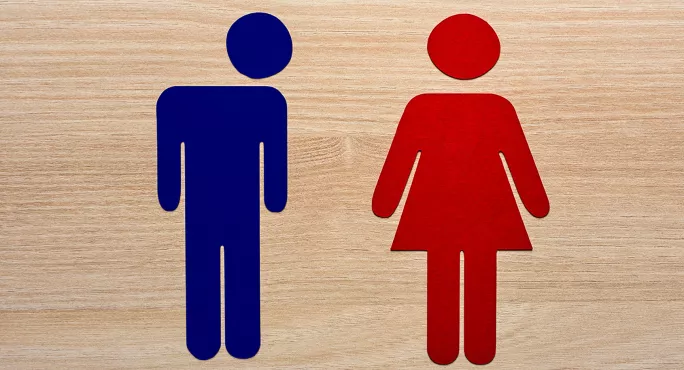The rise of “extremist online misogyny” must be addressed in every school subject, the Scottish Parliament heard today.
Education secretary Shirley-Anne Somerville was urged to oversee changes to the curriculum to help teachers talk about the problem with pupils.
The knock-on effect of online misogyny in classrooms was explored in a recent Tes article by Mark Roberts, director of research at a school in Northern Ireland, who wrote that the example set by “influencers” such as Andrew Tate was “emboldening some boys into trying to intimidate female teachers”.
Labour MSP Katy Clark this afternoon asked Ms Somerville what steps the Scottish government was taking “to ensure teachers are equipped to discuss and address the issue of extremist online misogyny with pupils”.
The education secretary replied: “We are committed to ensuring that all pupils receive high-quality education on relationships, sexual health and parenthood, which includes the recognition and rejection of misogyny.”
She added that there was already “established work” done in schools on gender-based violence; this formed part of Equally Safe, Scotland’s Strategy to prevent and eradicate violence against women and girls.
Ms Clark - who highlighted EIS teaching union guidance originally published in 2019 as a useful resource, titled Get it Right for Girls - said that “some misogynists continue to gain popularity on online platforms”.
She asked if the government would make available more resources to ensure that all teachers can get training that “explicitly includes content on gender equality, tackling misogyny and addresses violence against women and girls”.
The education secretary sought to assure Ms Clark that such resources to help teachers already existed, including lessons at rshp.scot (relationships, sexual health and parenthood).
She said that “we are of course again looking to see what more needs to be done in this area”, guided partly by the 2019 review of personal and social education (PSE) in Scotland.
Ms Somerville added: “Progress has been made on delivering those recommendations, but I would agree...that there is absolutely no room for complacency on this.
“Misogyny is a societal problem that we have and, schools being part of our society, it’s important that they play a role in ensuring that both young women and men receive the type of support and learning they should have...to make informed and educated decisions.”
Ms Clark also raised “specific problems in schools” with misogyny, and that the EIS had called for “more specific anti-sexism learning”. She urged the education secretary to “look at updating the Curriculum for Excellence to include specific aims around tackling misogyny and promoting gender equality in schools across all subjects”.
In response, Ms Somerville said: “Clearly, in Scotland, we don’t have a national curriculum, so it is up to schools what resources they use, but what we do all have to work together to ensure that staff...have the best possible resources in front of them.”
She added that she was already chair of a task force on gender equality in education investigating issues such as online misogyny, but was “happy to look at further suggestions”.




